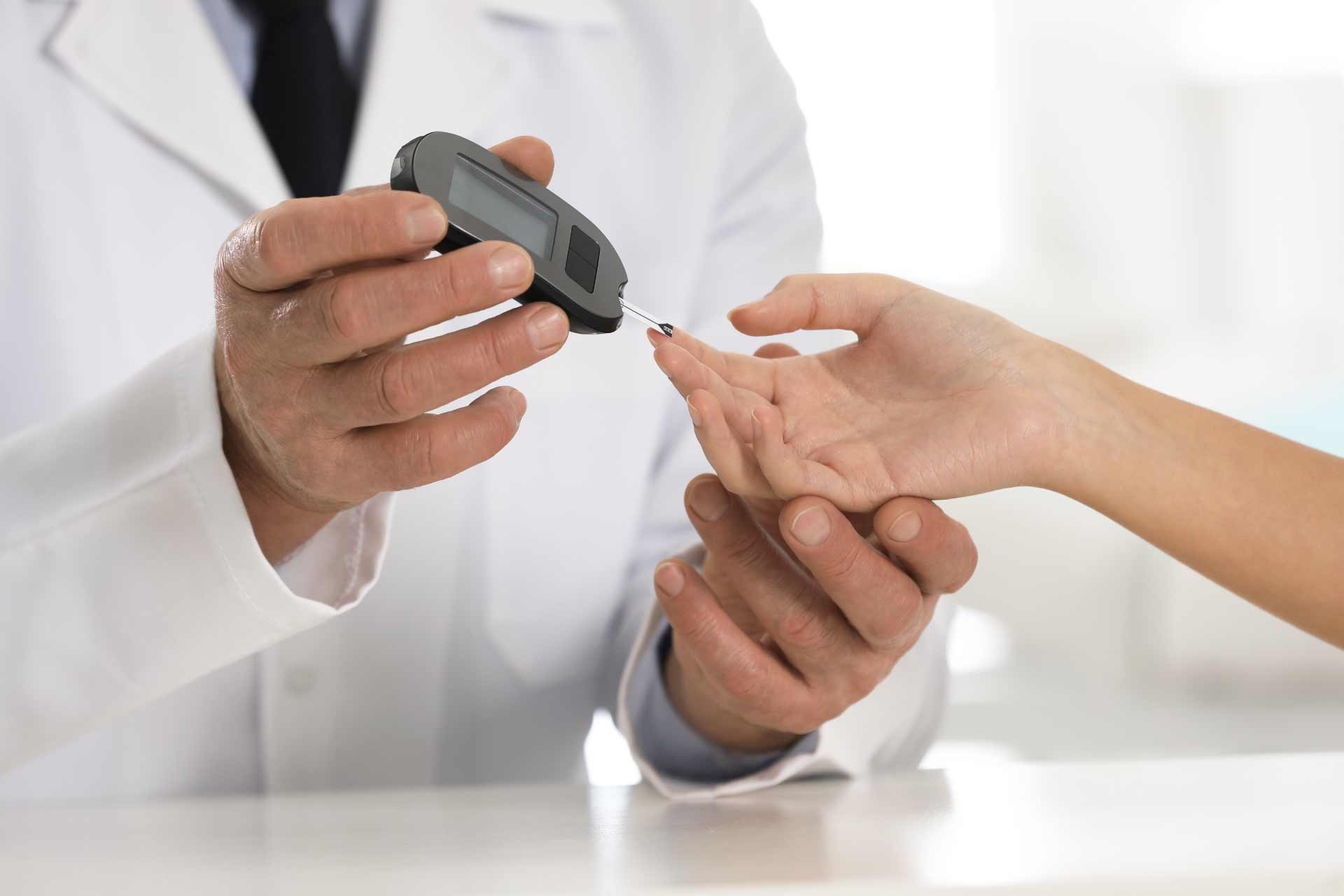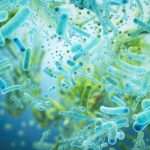[toc]
What is already known on this topic
Acarbose is an antidiabetic drug that inhibits some salivary and pancreatic enzymes in ways that decrease the metabolism of ingested carbohydrates and blood glucose levels after a meal. This and other drugs taken by mouth are known to influence the composition of the human microbiota. However, it’s unclear whether some gut microbes produce enzymes that could modulate the microbiota-targeted effects of acarbose and its therapeutic efficacy.
What this research adds
Researchers scoured the human microbiota for enzymes that metabolize acarbose. They found that some gut and mouth bacteria produce enzymes called acarbose kinases, which inactivate the drug, making the microbes resistant to the activity of acarbose. These microorganisms are common in the microbiotas of both westernized and non-westernized populations.
Conclusions
The findings suggest that acarbose resistance has spread in the human microbiota.
The human microbiota produces scores of molecules that can affect many biological processes — from food digestion to drug efficacy. Now, researchers have found that some gut and mouth bacteria produce enzymes that metabolize a common antidiabetic drug in ways that may reduce its therapeutic efficacy.
The findings, published in Nature, provide an example of widespread microbiota resistance to a non-antibiotic drug, the researchers say.
Drugs taken by mouth, including acarbose — which is used to treat type 2 diabetes, can influence the composition of the human microbiota. Acarbose inhibits some salivary and pancreatic enzymes in ways that decrease the metabolism of ingested carbohydrates and blood glucose levels after a meal. However, it’s unclear whether some gut microbes produce enzymes that could modulate the microbiota-targeted effects of acarbose and its therapeutic efficacy.
To address this question, Mohamed Donia at Princeton University and his colleagues scoured the human microbiota for enzymes that metabolize acarbose.
Inactivating enzymes
The team knew that acarbose is produced industrially by the soil bacterium Actinoplanes sp. SE50/110. Within the gene cluster for acarbose production, Actinoplanes bacteria encode an enzyme called acarbose kinase, or AcbK, which renders acarbose inactive, serving as a self-resistance mechanism.
Since any bacterium that encodes a similar enzyme would be also resistant to acarbose, the researchers computationally searched for genes encoding acarbose kinases in the human microbiota. The team identified 82 genes, which they called ‘microbiome-encoded carbohydrate kinases’.
Next, the researchers analyzed the prevalence of microbiome-encoded carbohydrate kinases genes in 3,212 samples originating from the gut, mouth, and other body sites of people from the United States, China, Denmark, Spain, and Fiji. Microbiome-encoded carbohydrate kinases genes are encoded by bacteria from the phyla Actinobacteria, Firmicutes, and Fusobacteria. These microorganisms are common in the microbiotas of both westernized and non-westernized populations.
“These results reveal that homologues of an acarbose-inactivating enzyme are widespread in the human oral and gut microbiome from diverse populations,” the researchers say.
Drug resistance
Further experiments showed that several of the microbiome-encoded carbohydrate kinases that the researchers had identified could inactivate acarbose. The most abundant and widespread kinase, Mak1, could inactivate acarbose with kinetics similar to those of AcbK. Structural analyses revealed that Mak1 and AcbK have the same mechanism to chemically modify acarbose.
Next, the team engineered the mouth microbe Actinomyces viscosus to express mak1. Then, they analyzed its growth in the presence of complex carbohydrates and compared it to that of an Actinomyces viscosus strain without mak1. Mak1 protects the bacterium expressing it from the growth inhibitory effects of acarbose. This, the researchers say, “is reminiscent of resistance through inactivation, albeit to a non-antibiotic drug.”
An analysis of data from a human clinical trial using acarbose further suggested that acarbose inactivation by intestinal microbiome-encoded carbohydrate kinases results in a reduced therapeutic response to acarbose in people with diabetes. “Although promising, these results should be interpreted with caution given the small sample size in the trial and the multitude of other patient-intrinsic factors that could have a role in antidiabetic therapeutic response,” the researchers caution.
Overall, the findings suggest that acarbose resistance has spread in the human microbiota and may affect people’s response to antidiabetic drugs.











